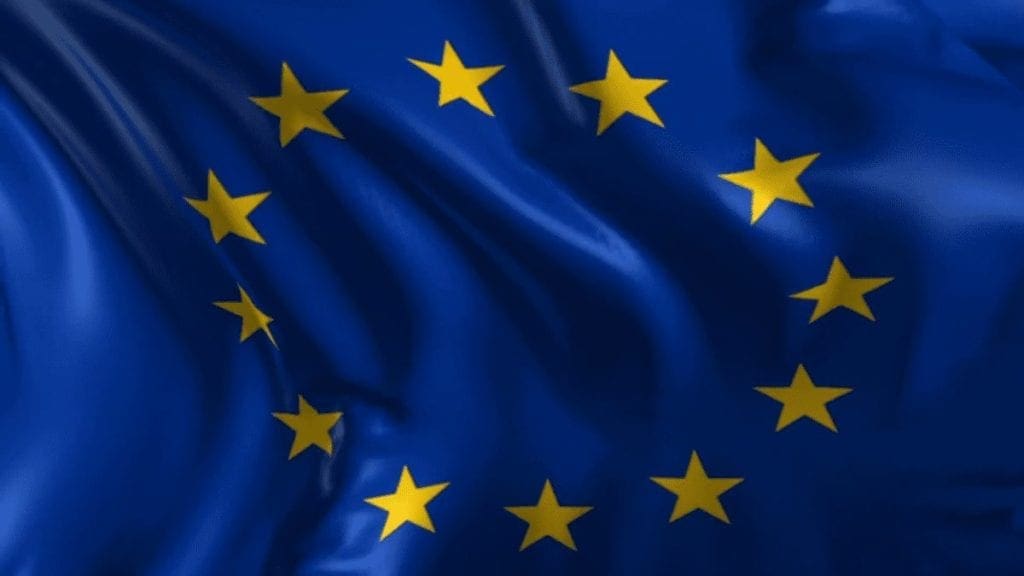During the past few months or weeks one message has been sent loud and clear: “go out and vote during the upcoming Members of European Parliament Elections. However, how many of us know what the European Parliament does exactly? This blog is aimed at helping you with identifying exactly that!
What is the European Parliament?
The European Parliament is the institution that represents citizens of the Member States making up the European Union. Currently the European Parliament has 751 Members of the European Parliament (MEPs) and they are representing a total of 515 million European citizens coming from 28 countries.
One question everyone is asking is what will happen after Brexit. Well, if the United Kingdom leaves the EU, the population of the EU will go down to 450 million citizens coming from 27 member states. During the upcoming elections, 705 MEPs will be elected.
But what are the powers of the European Parliament?
The European Parliament has three main powers:
- The power to pass laws – this is done together with the Council of the European Union which represents the governments of the EU’s member countries.
- The power to all spending of the EU – this power is also shared with the Council of the European Union.
- The power of democratic scrutiny – that means that it keeps an eye on all that is being done by the countries in the EU.

And how does the European Parliament work exactly?
The European Parliament mainly works through different committees that tackle different topics and themes. Currently there are a total of 20 committees which are made from different MEPs coming from the different political groups. What they do is that they examine each proposal for a new EU law and then they propose different ways in which it could be amended. These amendments are then discussed and voted upon during a plenary session of the European Parliament where all MEPs meet.
While the different committees meet and discuss in Brussels, the plenary sessions are then held in Strasbourg. They happen once every month and last for four days. However, sometimes, shorter plenary sessions do end up taking place in Brussels too.
Through its work, the European Parliament ensures that the EU remains close to its citizens and this is done through different initiatives. For example, one can submit a petition as an individual or a group to complain or demand action about something they deem is within the responsibility of the European Union to tackle. These petitions are discussed and then they are decided on by the committee of the European Parliament specifically dedicated to hearing petitions. One can also contact an MEP of their choice to voice their opinion or otherwise make contact with the Office of the European Parliament in Malta located at Europe House in Valletta.

But the European Parliament is not the only European institution…
The European Union has a variety of institutions that work together with other organisations and agencies of the EU, as well as national Parliaments, national Governments and European citizens.
The European Council represents the member countries and is made up of the Heads of Governments. Therefore, our Prime Minister Joseph Muscat sits within the European Council.
Then there’s the Council of the European Union that also represents the member countries. In this Council, Malta’s representatives are the Ministers elected in Maltese Parliament. They are summoned by the European Union when there are discussions on their specific sector. For instance if health is being discussed for instance, Health Minister Chris Fearne would be representing Malta in this discussion.
The European Commission is basically the executive of the European Union. It’s work is mostly centred around proposing EU laws to the European Parliament and the Council
Then there’s the Court of Justice that basically decides the legal cases with regards to EU law. On the other hand, the Court of Auditors evaluates the spending of the EU and keeps track of the budget.
The European Central Bank is the central bank of 19 countries within the European Union, including Malta. All these countries have adopted the Euro as their currency.
Want to learn more? Join us during our upcoming event where you can network with Malta’s MEP candidates. Reserve your spot by signing up here. Additionally, if you want to learn more about the upcoming European Elections, check out our project Step Up For Europe – Make it Count!to learn more about what to expect in the upcoming elections!



0 Comments
0 Comments